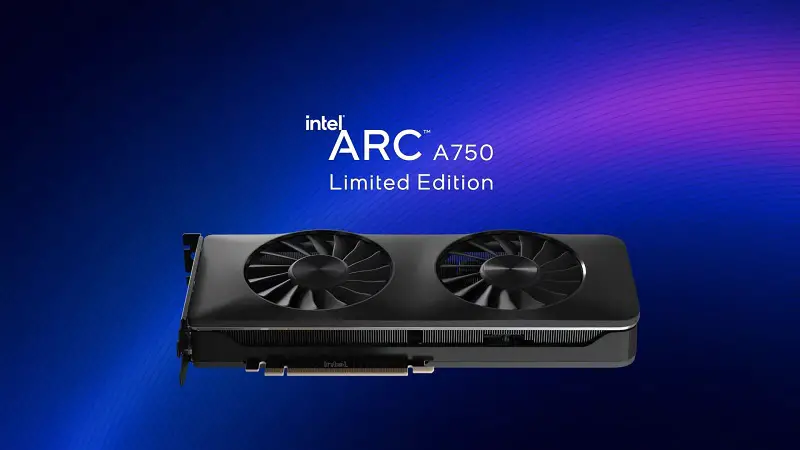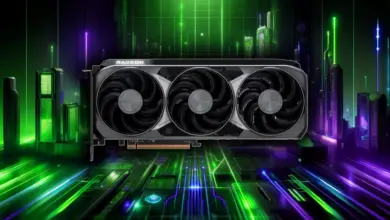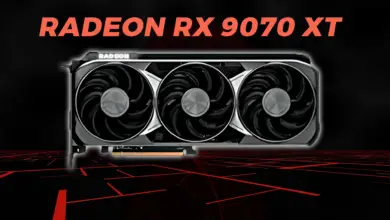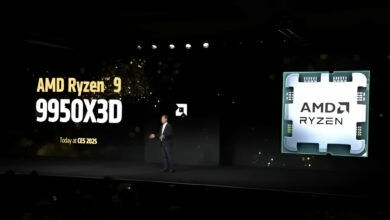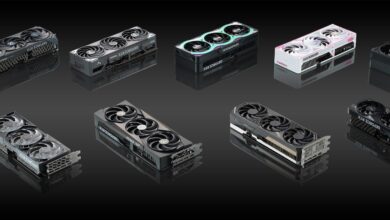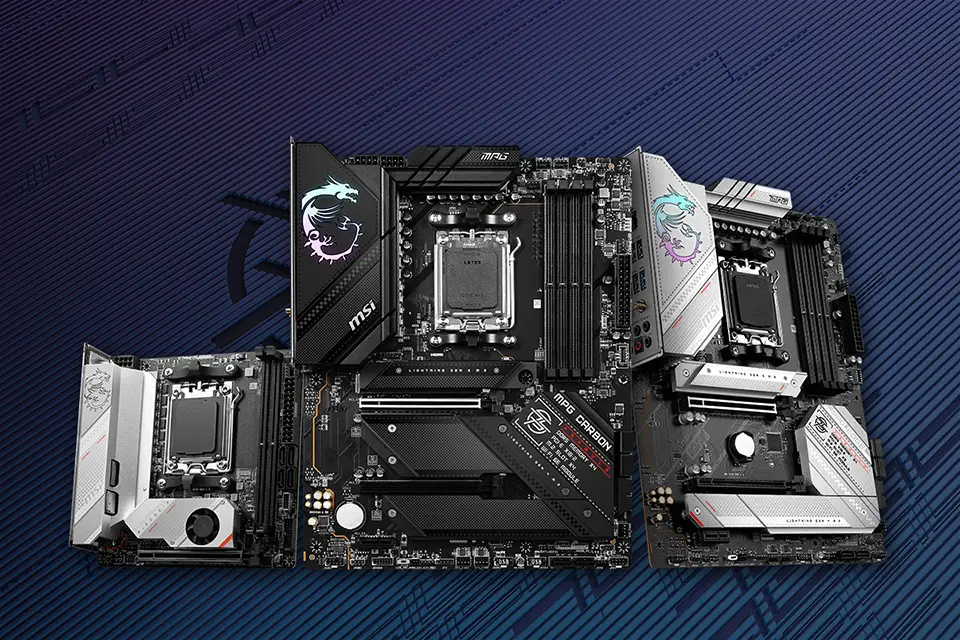When it comes to building the ultimate PC, selecting the right components is a critical decision. If you have your sights set on the AMD Ryzen 9 7950X, you’re already in the realm of high-performance computing.
One of the most bothering questions for you might be, “Is a B650 motherboard enough for Ryzen 7950X?” because let’s be honest here, the 7950X is the flagship processor in the Zen 4 family and needs a top-notch motherboard.
But does the B650 chipset have what it takes to support this powerhouse CPU? Let’s dive in and explore whether this combination can meet your expectations, covering aspects like overclocking potential, thermal performance, gaming, productivity, pricing, upgradeability, and future-proofing.
Specs at a Glance
Before we get into the nitty-gritty, let’s take a moment to understand what we’re working with. The AMD Ryzen 9 7950X is a beast of a processor, sporting a whopping 16 cores, 32 threads, and a base clock of 4.5 GHz, with the ability to boost up to an impressive 5.7 GHz. It’s a chip built for demanding tasks, from content creation to gaming, and everything in between.
On the other side of the equation, the B650 chipset is known for its budget-friendly appeal and is commonly found on mid-range and entry-level motherboards.
Overclocking Potential
One of the primary concerns when pairing a high-end CPU like the Ryzen 9 7950X with a B650 motherboard is overclocking. B650 motherboards are generally not designed for aggressive overclocking. While they may offer some limited overclocking options, they lack the robust power delivery and advanced cooling solutions found on higher-tier motherboards with chipsets like B550 or X570.
If you’re passionate about pushing your CPU to its limits, a motherboard with a more capable chipset is strongly recommended. Still, a B650 chipset motherboard can be less inferior in overclocking capability compared to the connectivity and compatibility of components. There are plenty of super good B650 motherboards that can do quite a good job in overclocking high-end CPUs.
However, just as we said earlier, the X670 will be still favored over the B650 when it comes to overclockability.
Thermal Management
The Ryzen 9 7950X is known for its substantial thermal output, and this is where the motherboard’s VRM (Voltage Regulator Module) quality and cooling solution come into play. B650 motherboards are typically designed for processors with lower thermal requirements. While they can handle the Ryzen 9 7950X at stock settings, pushing it too hard could lead to thermal throttling.
For optimal thermal performance and system stability, especially if overclocking is on your agenda, it’s advisable to invest in a motherboard with a more robust VRM design and enhanced cooling.
Gaming and Productivity Performance
When it comes to gaming performance, the B650 chipset should be sufficient for the Ryzen 9 7950X. Most games tend to lean more on GPU performance, and even a budget-friendly chipset like B650 can competently manage the CPU aspect, allowing the Ryzen 9 7950X to shine in gaming scenarios.
For productivity tasks such as video editing, rendering, or complex data processing, the Ryzen 9 7950X’s raw power will still be evident on a B650 motherboard, but it might not reach its full potential due to limited overclocking capabilities and potential thermal constraints.
Pricing and Future-Proofing
One of the key attractions of the B650 chipset is its cost-effectiveness compared to higher-tier motherboards. This makes it an appealing choice for those working with a tight budget. However, when you’re investing in a CPU as powerful as the Ryzen 9 7950X, it’s crucial to consider your long-term goals.
If you’re thinking about future upgrades or aiming to harness your CPU’s full capabilities, allocating a bit more budget for a higher-tier motherboard with a chipset like X670 is a prudent decision. This will help ensure that your motherboard can handle potential future upgrades without needing to be replaced.
Final Words
So, can the B650 chipset handle the AMD Ryzen 9 7950X? The answer depends on your specific requirements and budget. If you’re working with a tight budget and primarily using your PC for gaming and everyday tasks, a B650 motherboard can adequately support the Ryzen 9 7950X. However, if you have ambitions of overclocking, engaging in demanding productivity workloads, or planning for future upgrades, investing in a higher-tier motherboard with a chipset like X670 is a wise move.
Remember that your motherboard is a crucial component that can significantly impact your PC’s performance and longevity. Evaluate your needs and goals carefully to make an informed decision and ensure your computing experience meets your expectations.

